How to Manage Your Money as a Student
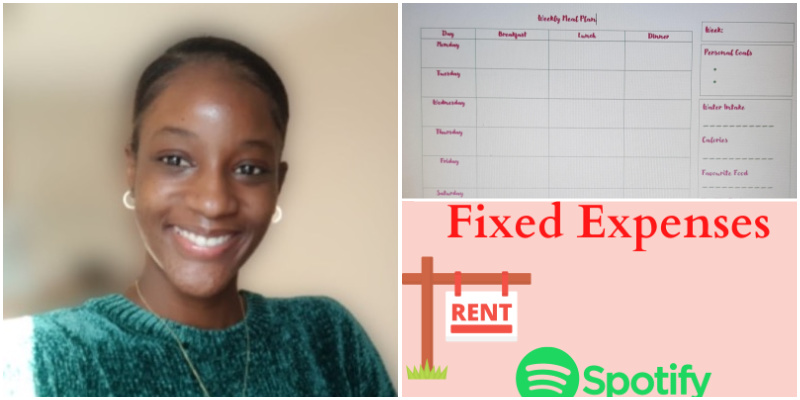
Hello everyone,
My name is Shanté, and I will be starting my final year at Leeds in September.
Before I came to Leeds, my family told me my finances would be limited as a university student, even if working a part-time job. However, I did not pay much attention to this as I believed that I had always been financially responsible, but I was wrong. In fact, I handled my finances poorly in my first and second years. The reasons being, I never made a budget, I never kept my receipts, I hardly checked my bank statements, and I spent my money on items that, in hindsight, were unnecessary. Most days, I just tapped my debit card and hoped for the best.
However, the turning point in my poor spending habits was this summer. I got offered a volunteer position which paid me a small stipend. A week after receiving my first payment, I realised that I had no more money and would be unable to hang out with friends as I had hoped. Had I spent all that money in such a short space of time? I did. That is when I decided I needed to become more financially responsible. In this blog, I will be sharing some of the mistakes I made during my first two years at Leeds and tips that I have learned this summer to help you become more financially responsible.
1) Budgets are essential
Budgets are important because they help to track your spending. This summer, my budget consisted of a planned budget and the actual amount of money spent. To create a budget, you need to know what your sources of income and your expenses are. For example, your income can be generated from a part-time job, student financing, a sponsor, or your parents. On the other hand, expenses can be broken down into two main categories: fixed and variable expenses. As a student, my fixed expenses included my Spotify student premium plan, phone bill, and rent, including my utilities. My variable costs included groceries, personal care, clothing, and entertainment.
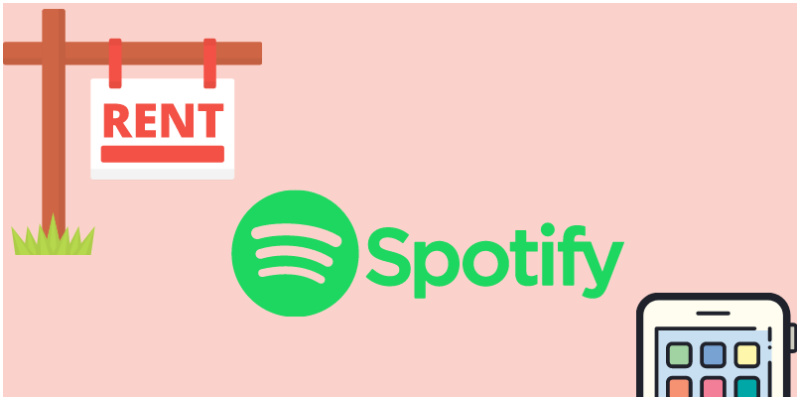
One tip for making a budget for current students is to use bank statements and receipts from previous purchases. This allows you to gauge how much money you might spend and on what items. However, new students coming to Leeds can use websites such as numbeo.com, which compares the cost of living in your city with Leeds to give you an idea of how much money you may have to budget.
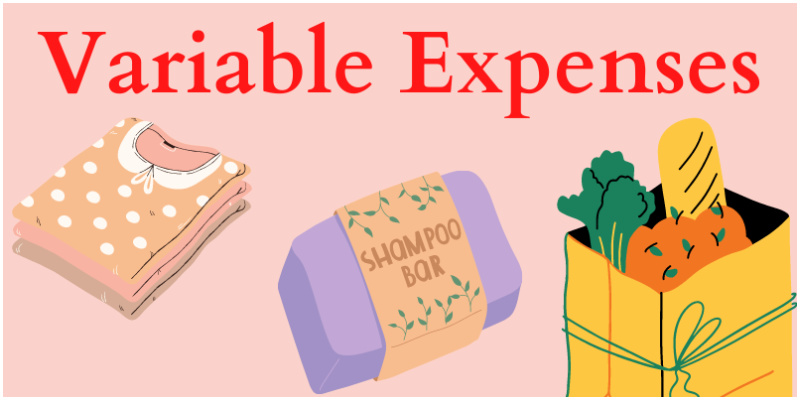
2) A Meal Plan is your new Best Friend.
One of the many mistakes that led me to spend a lot was not planning my meals accordingly. I would usually make a grocery list that included essential foods such as bread, butter and pasta that could be used to make any meal. However, many times, even though I had groceries at home, I would spend my money buying lunch or dinner because I had no idea what I wanted to eat, and after a full day of classes, I was too tired even to google a recipe. Instead, I would order a meal that was neither fulfilling nor nourishing. I spent unnecessarily on food and drinks that I did not need and could make at home.
One helpful tip is to think of all your favourite meals and find recipes on Google, Youtube or BBC Good Food in advance to create a weekly meal plan. I also recommend making your grocery list only after meal planning.
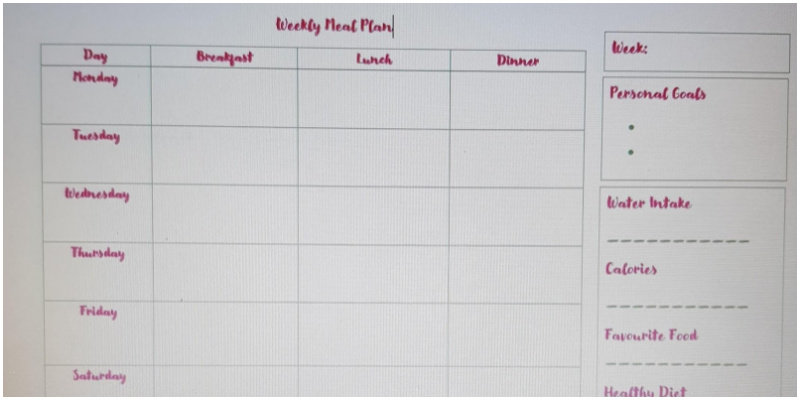
3) Envelopes can be helpful.
In my first two years at university, I spent more money when using my card. However, over the summer, I learned to take the total amount of money I had budgeted off my card and divide this money into various envelopes designated for each of my expenses. Moreover, if I left home, I only put the money I had budgeted for that day in my purse. This helped me be disciplined and only spend my money on the things that I had planned to rather than thinking that I had a lot of money I could spend at once.
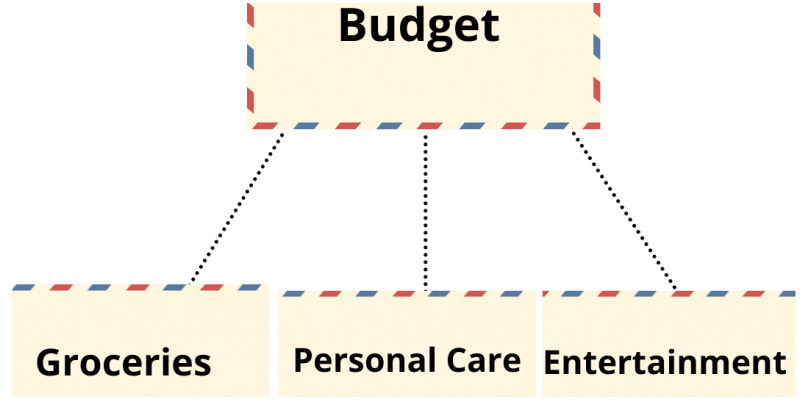
4) Do you need it, or do you want it?
I am an impulse buyer, and this has led me to spend unnecessarily. However, I plan to curb my impulse buying by writing down the item and its cost and considering before entering my card details whether it is a want or need and its purpose. Also, if I would use it after my initial excitement has worn off.
As students, it is crucial to understand the difference between a need and a want. For example, a pair of shoes had gotten destroyed in my second year, and I needed to buy new ones for winter. However, I wanted a pair of shoes out of my price range, and if I had bought them, I wouldn’t be able to cover some of my other expenses. Thus, one tip is to consider your wants within the limitations of your budget.
Finally, becoming more financially responsible is a process that takes a lot of discipline. Nonetheless, it is essential that, as students, we try our best to spend our money wisely and develop habits that would not be detrimental in the future!
